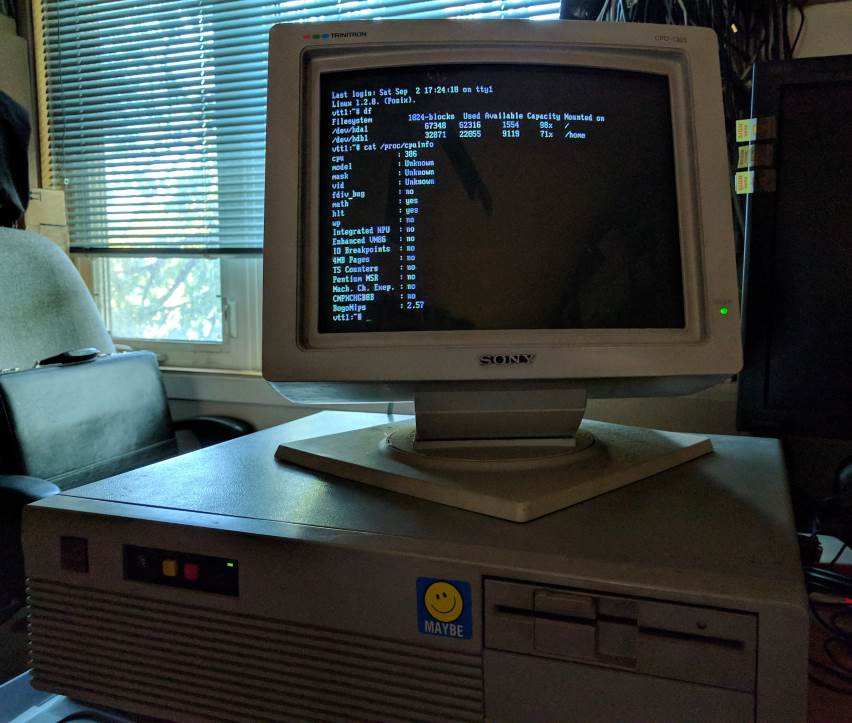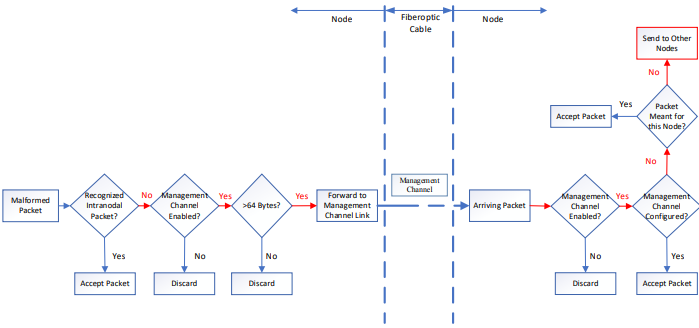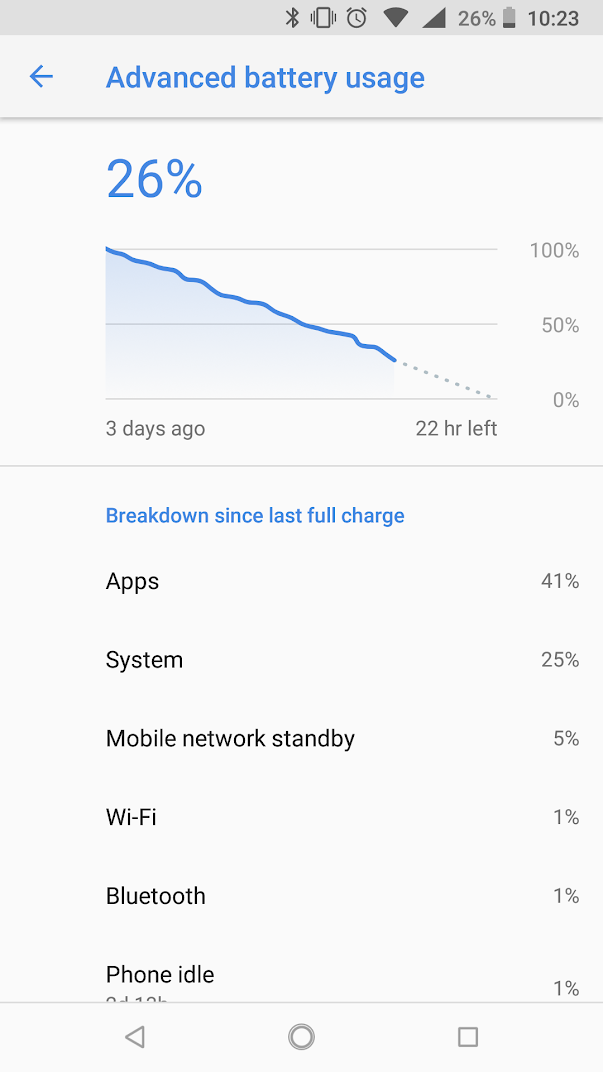In the last few days, I’ve been spelunking in our basement and crawlspace.
I was looking… for many things. Old computer hardware. Boxes to be thrown out. Boxes to be kept, preferably original retail boxes, for packaging things in them that I no longer need.
And finding the unexpected.
For instance… I’ve had an unused old MSI motherboard that has been lying around in my study for ages. Now I don’t recall ever using MSI motherboards. For quite some time, my manufacturer of choice was Gigabyte (no, not married to them, it’s just that whenever I was searching for motherboards, their offerings came closest to what I was looking for.)
So then, during my spelunking, I found the cardboard shipping box of a computer case, and inside it, several parts boxes. Including the retail box for the aforementioned MSI board.
But wait. I had another, identical computer case shipping box, also filled with parts boxes. Including a second box for an MSI motherboard.
So perhaps I did use MSI motherboards after all? Maybe in my server and backup server, around 12 years ago? But if that’s the case… where is the second motherboard, which goes with the second box?
Hmmm… maybe it’s in this test machine? No, the test machine has a Gigabyte board. But let’s double check… Gigabyte branded internal cabling alright… but the board is the second MSI board!
Mystery solved. Except that I still do not remember ever purchasing a pair of MSI motherboards or build computers from them.
But my truly prized finding was something else altogether. (This, I did know about.) Here it is, in its fully functioning glory:

Yes, ladies and gentlemen, that is my first ever server for the vttoth.com domain, decommissioned approximately 22 years ago, in 1995.
The machine has a 386SX motherboard with a whopping 4 megabytes (yes, mega) of RAM. It also has two MFM hard drives: a MAXTOR XT-1085 with about 68 megabytes (yes, mega again) of storage space, and a Magnetic Peripherals 98205-051, with 43 megabytes. Together, about 110 megabytes of storage space.
This machine began its life as my first ever PC-compatible computer that I owned, purchased from a small local company (MICS Computers, no longer in business as far as I can tell) in late 1989 or early 1990 I think. About three years later, I bought another system from them: A powerful monster indeed, with a 486 processor, maybe 16 MB of RAM, but most importantly, a gigantic 500 MB SCSI hard drive, a 525 MB tape backup drive, and, yes, a SCSI CD-ROM, complete with CD caddies. Double speed, too, which means it could read an entire data CD in a mere 30 minutes! My old 386SX system was thus retired.
But it didn’t stay retired for long. Later in 1993, I was asked to serve as the sysop of the UNIX forum of the short-lived National Videotex Network, a service provider that tried to compete with the likes of CompuServe just as the Internet put an end to that business model. I took over from someone who already began creating content, including a brand new upload of the Softlanding Linux distribution, complete with version 0.98pl12 of the Linux kernel. I figured that as a brand new sysop, I ought to know what I was going to be in charge of, so I downloaded the SLS distribution myself and set it up on my old system. It ran beautifully. It was, for all intents and purposes, the same real UNIX that I loved and enjoyed. I was hooked.
Just a few months later, I signed a contract with UUNet Canada, my first commercial Internet service provider. From that point onward, I had a dial-up connection for e-mail, Usenet news, and on-demand Internet. More importantly, UUNet arranged for me a so-called Class C block of 256 portable IP addresses, a block that is assigned to me directly, and which I still use. As the shortage of IP addresses loomed, the powers that be stopped issuing such individually assigned IP address blocks just a few months later.
But when I signed up, the Internet was still mostly non-commercial. So much so that I had to sign the NSFNet Acceptable Use Policy, promising never to use the NSFNet backbone for a commercial purpose! Fortunately, this nonsensical, unenforceable policy was discontinued not long thereafter, but for me, it remains a reminder of just how different the Internet was back then.
Anyhow, this server ran flawlessly for several years, although its limited power and storage capacity were both rather constraining. So it was a relief when I was able to retire it finally in 1995. When we moved to our current home, the machine came with us, only to settle down in the basement for good, where it mostly remained, though I recall powering it up once about a decade or so ago.
So tonight, I dug it out, cleaned it, hauled it upstairs, and powered it up. It came on just fine, along with the monitor, but then an unexpected snag happened: Its BIOS backup battery long dead, the machine asked for the hard drive parameters. You see, ladies and gentlemen, back then there was no plug and play. You needed to know things like the number of cylinders, heads, sectors per cylinder, and precompensation cylinder for your drive. I had to look them up, but fortunately, the Internet knows (almost) everything. Soon, I was booting Linux. Then, another snag: I could not for the life of me remember either the root password or the password to me personal account on this system. Finally, I reminded myself that back in those innocent days, I used much simpler passwords than today… and I was in.
Not much to see, mind you. There isn’t room for much in a mere 110 MB of disk space. But I did see some old e-mails from 1995.
This machine is a keeper. It has history. I just need to find a nice place for it in the house. Oh, and I might want to vacuum its interior, as I noticed a few spiderwebs in there.
Before shutting the machine down, I noticed its performance rating: 2.57 of Linux’s infamous BogoMIPS. In contrast, here is what my current server, built early last year, reports:
Calibrating delay loop (skipped), value calculated using timer frequency.. 4199.71 BogoMIPS
smpboot: Total of 16 processors activated (67195.42 BogoMIPS)
Yup… a machine built about 26 years later, roughly 26,000 times faster. How about that.


















